Exploring language pedagogy through second language acquisition research
4.5
Reviews from our users

You Can Ask your questions from this book's AI after Login
Each download or ask from book AI costs 2 points. To earn more free points, please visit the Points Guide Page and complete some valuable actions.Related Refrences:
Introduction to 'Exploring Language Pedagogy through Second Language Acquisition Research'
"Exploring Language Pedagogy through Second Language Acquisition Research" by Rod Ellis and Natsuko Shintani is an insightful book that bridges the gap between second language acquisition (SLA) research and practical language teaching. The book is meticulously structured to present cutting-edge research in SLA while highlighting its direct implications for pedagogy. If you are a language teacher, educator, or researcher looking to gain a deeper understanding of how SLA theories inform teaching practices, this book serves as an essential guide. Covering a wide range of topics from grammar instruction to task-based learning, Ellis and Shintani ensure that the insights discussed are accessible, practical, and grounded in robust scholarly research.
Summary of the Book
The book begins by outlining key concepts in second language acquisition research, providing a comprehensive overview for readers who may not be familiar with the field. It delves into the central debate between explicit and implicit language teaching approaches, discussing the extent to which formal grammar instruction aids language development. Ellis and Shintani explore the principles of input, output, and interaction, explaining how these concepts contribute to effective language acquisition in classrooms. The authors make a point of balancing theoretical insights with practical strategies for teaching.
One of the major focuses of the book is task-based language teaching (TBLT), a pedagogical approach that emphasizes the use of real-world tasks to enhance language learning. Ellis and Shintani provide a detailed examination of its merits and challenges, offering practical guidelines for its implementation. Other topics addressed include the role of corrective feedback, the importance of individual differences among learners, and the integration of technology in language teaching. Each chapter concludes with a reflection that encourages readers to consider how the research findings can be applied to their own teaching contexts.
Key Takeaways
- Theoretical insights from SLA research can effectively inform teaching practices in modern classrooms.
- Task-based learning is a proven method for fostering communicative competence in second language learners.
- Both explicit and implicit forms of instruction have their place in language teaching, depending on the learning context and objectives.
- Learners' individual differences, such as motivation and aptitude, play a vital role in second language development.
- Corrective feedback is an essential tool in guiding learners to notice errors and improve their accuracy over time.
- Technology can enhance language learning when integrated thoughtfully into instructional practices.
Famous Quotes from the Book
"There is no single way to teach a language; rather, a successful language pedagogy is one that adapts to the needs of learners while being informed by research."
"Task-based learning offers learners the opportunity to use language for a real purpose, promoting both accuracy and fluency in meaningful ways."
"Effective language teaching involves not only the delivery of content but also an understanding of how languages are learned."
Why This Book Matters
The significance of "Exploring Language Pedagogy through Second Language Acquisition Research" lies in its ability to connect theory and practice in meaningful ways. Language teaching professionals often struggle to translate the complexities of SLA research into actionable strategies for the classroom. This book fills that gap by providing clear, evidence-based recommendations. Furthermore, it emphasizes the importance of reflective practice, encouraging teachers to adapt their methods based on research insights and the specific needs of their learners.
Another reason this book is essential is its focus on creating a learner-centered environment. By discussing individual differences, task-based learning, and the role of feedback, Ellis and Shintani highlight the importance of meeting students where they are in their language learning journeys. The book is not only a theoretical resource but also a practical tool that equips educators to make informed decisions, fostering effective and engaging language learning experiences.
In the context of a rapidly evolving educational landscape shaped by globalization and technology, this book provides a foundation for teachers to remain current and grounded in proven methodologies. It continues to serve as an invaluable resource for anyone committed to excellence in language education.
Free Direct Download
You Can Download this book after Login
Accessing books through legal platforms and public libraries not only supports the rights of authors and publishers but also contributes to the sustainability of reading culture. Before downloading, please take a moment to consider these options.
Find this book on other platforms:
WorldCat helps you find books in libraries worldwide.
See ratings, reviews, and discussions on Goodreads.
Find and buy rare or used books on AbeBooks.
1513
بازدید4.5
امتیاز0
نظر98%
رضایتReviews:
4.5
Based on 0 users review
Questions & Answers
Ask questions about this book or help others by answering
No questions yet. Be the first to ask!


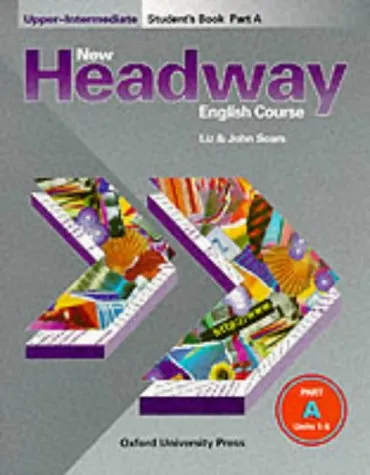
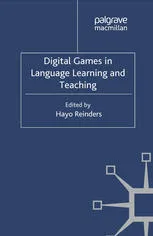


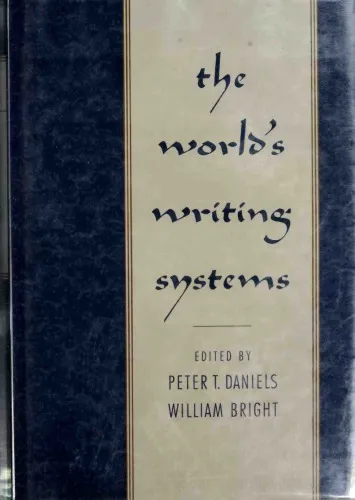

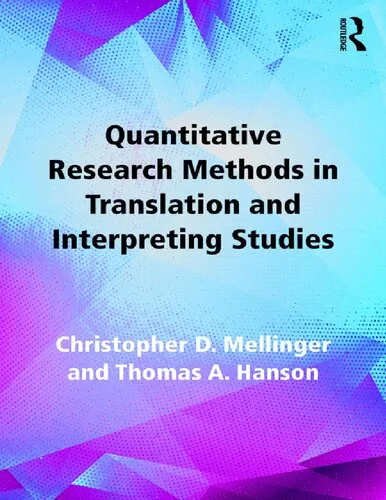
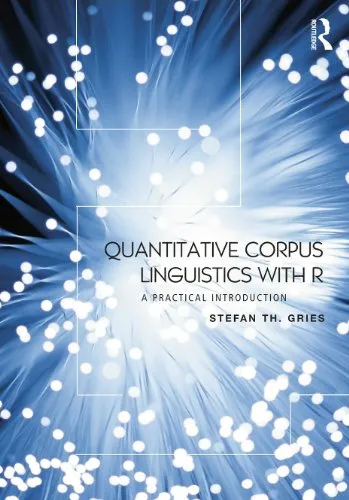
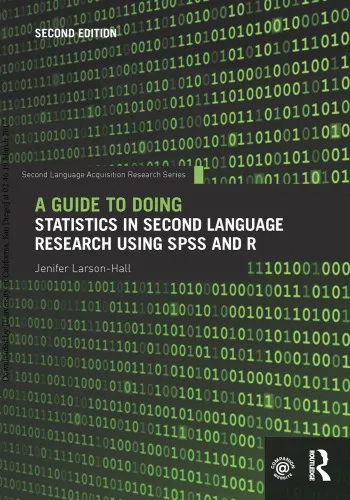

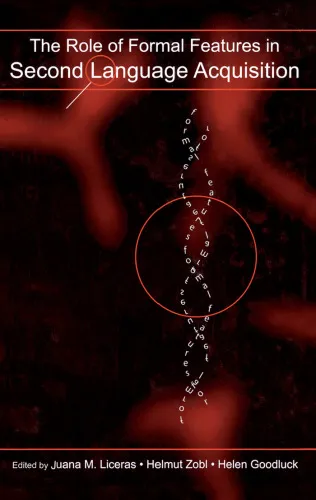
![Trends in Linguistics. Studies and Monographs [TiLSM]; 113](https://s3.refhub.ir/images/thumb/Trends_in_Linguistics__Studies_and_Monographs_43772.webp)
